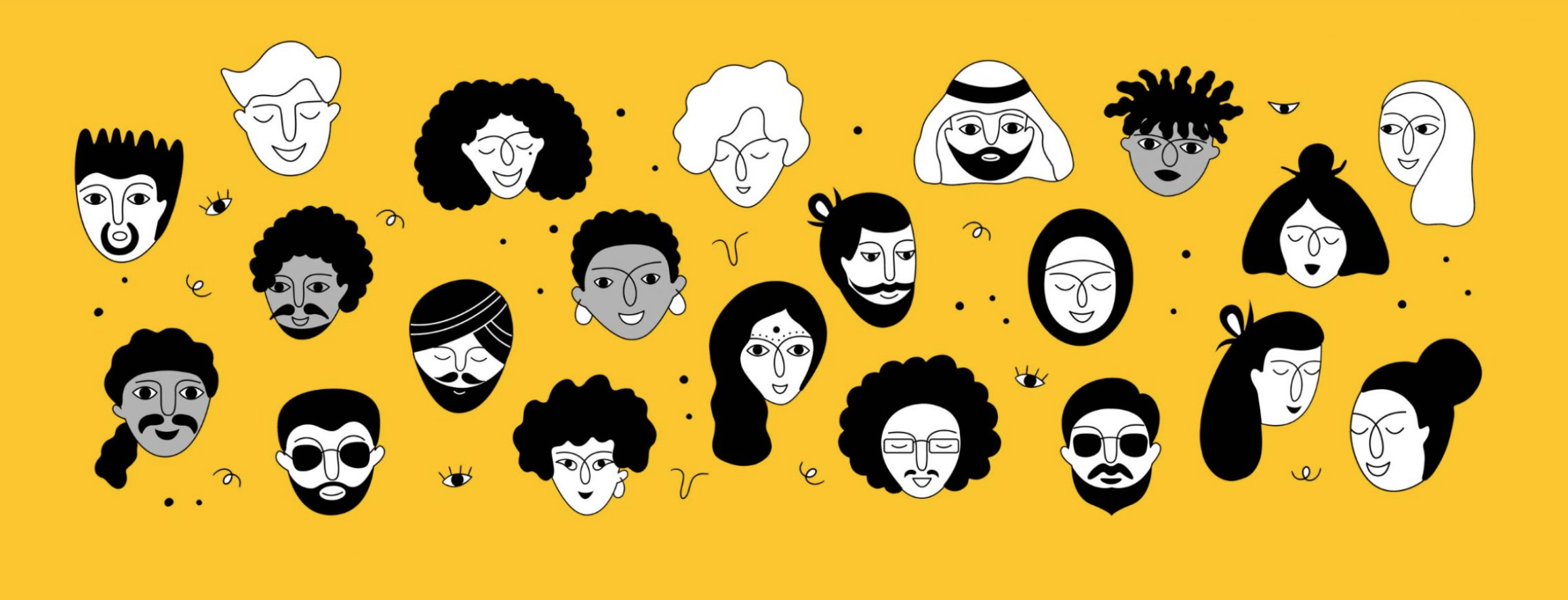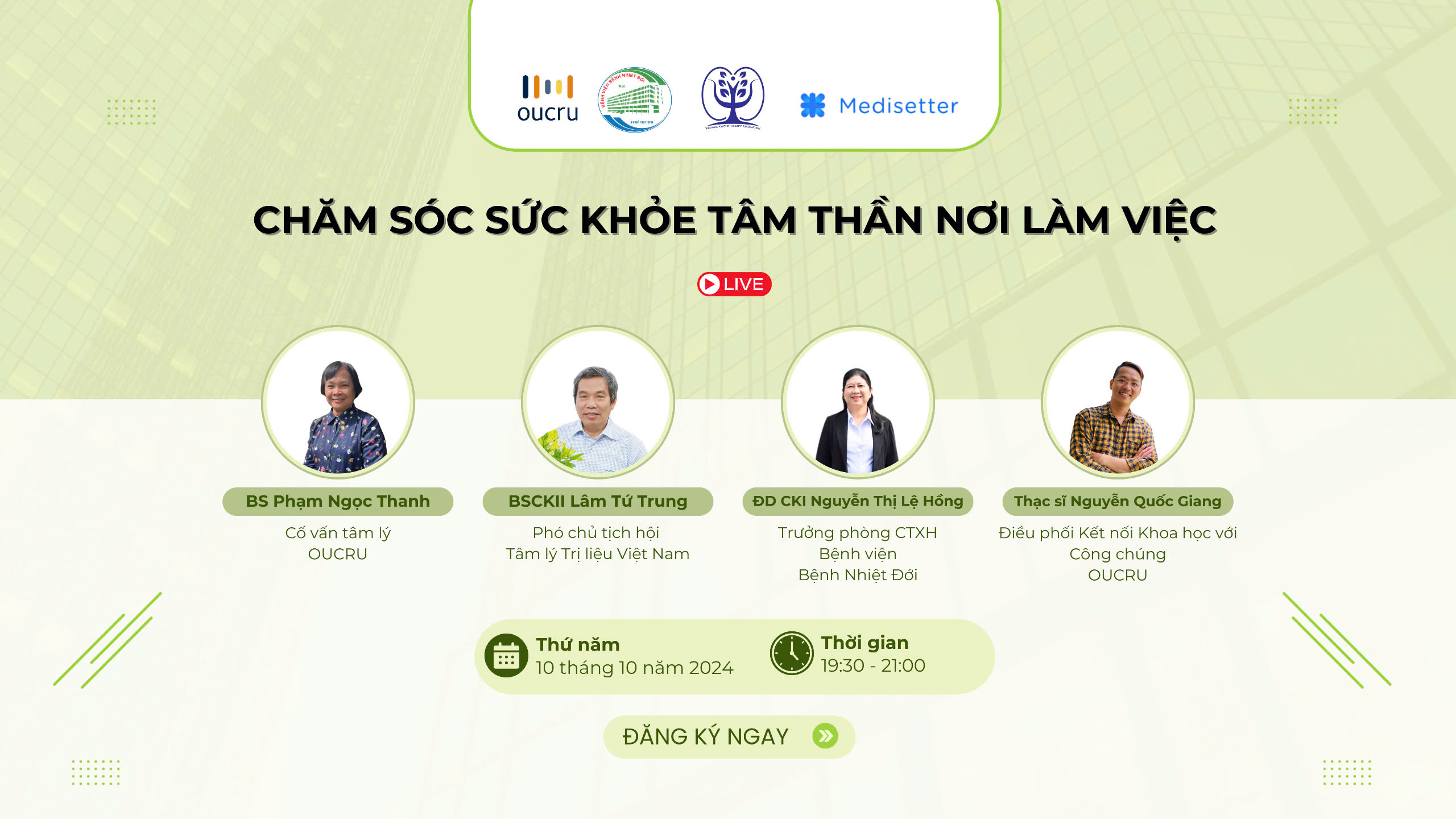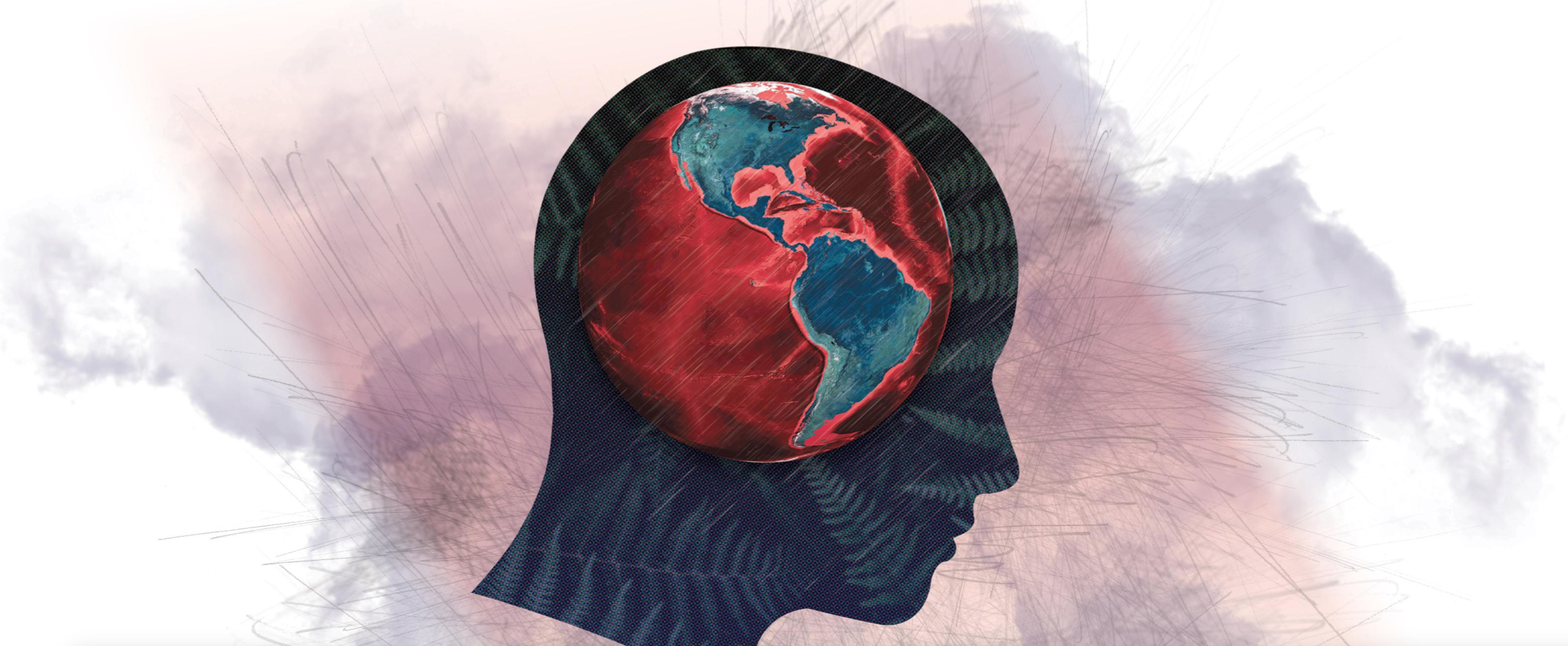World Mental Health Day 2024
World Mental Health Day – 10th October 2024
‘It is Time to Prioritize Mental Health in the Workplace’

This year’s theme highlights the critical importance of mental health in professional settings, and is dedicated to advocating for mental health well-being within the workplace - from workplace conditions and stress management to the importance of social inclusion and empowerment.
Taking time to pause and be aware of interactions with colleagues, patients, and how you are feeling within this context can be a positive response to prioritizing mental health wellbeing within the workplace.
These resources include practical suggestions to support positive mental health approaches in the work place.
1. Simple Actions to take on World Mental Health Day:
The John Hopkins Bloomberg School of Public Health highlights the following simple actions you can take to support mental health and well-being for yourself and your colleagues:
- Express Gratitude. A simple expression of gratitude to those around you can foster high-quality relationships and a more positive and collaborative workplace. This action will not only benefit others but also you expressing it.
- Practice Email Etiquette. When writing emails, make sure to include an accurate subject line, a concise summary of your ask, and a clear timeline or deadline. Feel free to put “no reply necessary” or “not time sensitive” at the top of an email to help recipients prioritize their time. If you want specific people to respond to your email, put them in the recipient line, not the CC line, and use “reply all” only when necessary.
- Prioritize No Meeting & Meeting-Less Days. Designate two or three no-meeting workdays a month and ask staff to refrain from scheduling meetings on those days. You can also establish meeting-less days, encouraging people to be thoughtful with scheduling only meetings that are deemed essential.
- Participate Mindfulness Activities. Take a few moments throughout the day to pause and focus on the present. You can spend a few minutes for deep breathing practices or meditation to clear your mind, boost your mood, and improve your overall well-being during the workday. Resources like the Calm app are great ways to access mindfulness activities.
- Practice Job Crafting. Try to practice job crafting throughout the day for a change. You can try to alter the type, scope, sequence, and number of tasks that make up your work today, connect people that you never interact with but can be related to your work, or view some of your tasks from a different perspective.
- Be a Source of Social Support. Try to engage in active listening with some colleagues and provide emotional support. If you are in a supervisory role, it is important for you to proactively build a psychologically safe environment, be a role model for mental health practices, and be a source of social support for those within your team.
2. A healthy work- life balance:
The Mental Health Foundation (UK) recognises that a healthy work-life balance will mean different things to us all and can be challenging if you also have competing responsibilities such as caring roles, a demanding management context, or personal health difficulties.
A healthy work-life balance: is making sure you feel fulfilled and content in both areas of your life and could be:
- meeting your deadlines at work while still having time for friends and hobbies
- having enough time to sleep properly and eat well
- not worrying about work when you’re at home.
How do I know if my work-life balance is unhealthy?
It can be easy to normalise working long hours or being under extreme stress, especially if we’ve been doing it for a long time or all our colleagues are in the same boat. Our assumptions and habits around work can become deep-rooted unless we take a step back once in a while.
It’s not always possible to make changes at work: if you’re on a zero-hours contract, you might not feel comfortable speaking up, for instance, or you might need to work long hours to earn enough money to pay your bills. But for those who can make changes, recent research, Work-life balance is a cycle, not an achievement, suggests regularly checking your work-life balance by following five steps.
- Pause. Ask yourself: what’s currently causing me stress or unhappiness? How is that affecting my work and personal life? What am I prioritising? What am I losing out on? We often don’t take the time to reflect on work until there’s a major life event, such as the birth of a child or the loss of someone close to us. But just pausing and thinking about your priorities can help you discover whether the way you’re living and working is right for you
- Pay attention to your feelings. Now you’re more aware of your current situation, how does it make you feel? Are you fulfilled and happy or angry and resentful? Being aware of your feelings can help you decide which changes you want to make
- Reprioritise. Think about what needs to change. For example, you might want to ask yourself if working long hours is worth losing out on family time or whether working weekends is worth losing out on your social life
- Consider your alternatives. Is there anything at work you can change to meet your new priorities?
- Make changes. Maybe that’s asking for flexible hours, making sure you use all your annual leave or not checking your emails at the weekend, for example
Helping yourself – read more suggestions about ways to ensure a work-life balance here.
The following resources/events address impacts of natural disasters and extreme weather have on mental health.
3. Webinar - Supporting Mental Health for Healthcare Workers in Times of Crisis

As frontline workers, healthcare professionals in disaster-affected areas and those involved in first response and rescue efforts can experience mental distress as well as short- and long-term psychological challenges.
Last month, Yagi, the strongest typhoon in 30 years, hit Vietnam. As of 27 September 2024, Yagi had directly and indirectly caused 334 deaths and missing people, with 1,976 people injured and suffering from post-traumatic psychological effects. Among communities affected by disasters like Yagi, were healthcare workers who participated in rescue efforts or stayed in the affected areas.
The Oxford University Clinical Research Unit - Vietnam’s (OUCRU) Public and Community Engagement group, in partnership with the Hospital for Tropical Diseases (HTD), Vietnam Psychotherapy Association (VnPA), and Medisetter, will host a webinar on “Mental Health in the Workplace” in the context of the recent natural disasters in Vietnam.
The webinar will focus on providing psychological first aid, raising awareness about mental health during and after disasters, and discussing strategies for mental health preparedness in future crises. This webinar also aims to equip healthcare workers and researchers in the affected areas with practical coping strategies.
When: 19h – 21h on October 10th, 2024 (World Mental Health Day)
Where: Via Zoom and YouTube Live (Link will be provided before the event via email to registered participants)
View more details and watch the recording here (in Vietnamese).
4. Climate Change’s Psychological Impact

An article by Marilyn Perkins highlights how extreme weather is amplifying mental health crises across the world. Read the full article here.
If you have any further resources which may be useful in relation to mental health wellbeing at work contact us via CONNECT_info@oucru.org
